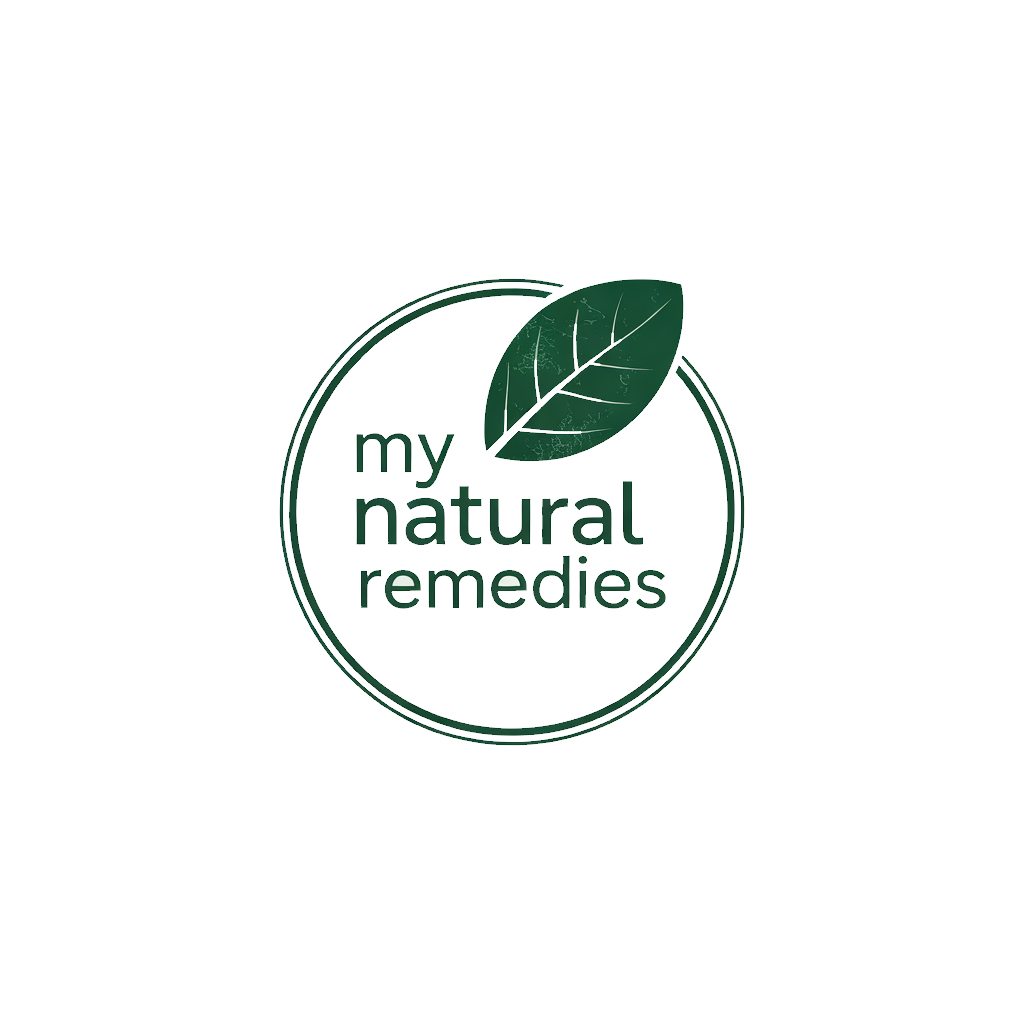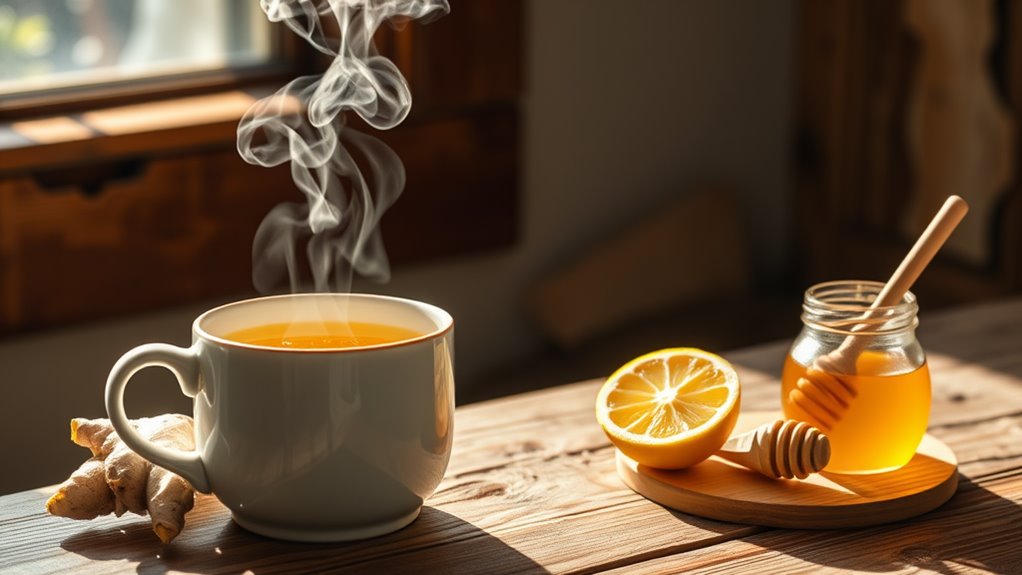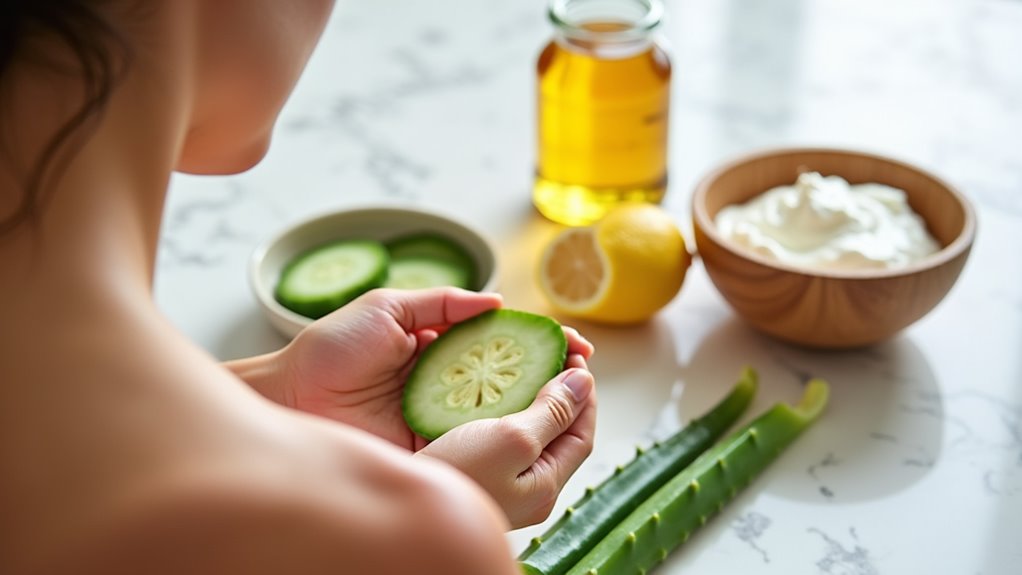Coughing Fits. This Simple Home Remedy Calms Your Lungs!
When a coughing fit strikes, you’ll find quick relief by combining steam therapy with honey-ginger tea. Run a hot shower to create a steamy environment, then sit in the bathroom while sipping freshly made honey-ginger tea. The steam helps relax your airways while honey soothes your throat and ginger reduces inflammation. You can enhance this remedy’s effectiveness by adding a few drops of eucalyptus oil to the steam. Discover more natural solutions to calm your lungs below.
Understanding Coughing Fits and Their Common Triggers
When a sudden urge to cough becomes uncontrollable, you’re likely experiencing a coughing fit – a series of rapid, forceful coughs that can leave you breathless and uncomfortable.
Like many others dealing with this common issue, you’ll want to identify what’s triggering these episodes.
Common triggers include postnasal drip, where mucus trickles down your throat, and acid reflux that irritates your esophagus.
You might also notice coughing fits when you’re exposed to environmental irritants like dust, smoke, or strong fragrances.
Respiratory infections, including the common cold and bronchitis, often lead to these persistent coughing episodes.
If you have asthma or allergies, you’re more likely to experience coughing fits when exposed to specific triggers.
Understanding what sets off your coughing can help you better manage and prevent future episodes.
Ancient Honey-Ginger Tea: A Time-Tested Remedy
For centuries, people have turned to honey-ginger tea as a natural solution for persistent coughing fits. This ancient remedy combines the soothing properties of raw honey with ginger’s anti-inflammatory benefits, creating a powerful duo that can help calm your irritated airways.
You’ll find making this healing tea surprisingly simple. Just slice fresh ginger root, steep it in hot water for 10 minutes, and stir in a tablespoon of raw honey. The warmth helps relax your throat muscles, while honey’s natural compounds coat and protect your irritated throat lining.
Ginger’s bioactive compounds work to reduce inflammation and ease your cough reflex. For best results, sip this comforting tea while it’s still warm. You can make several cups throughout the day whenever coughing fits strike.
Essential Oils That Calm Irritated Airways
Several essential oils offer natural relief from persistent coughing fits, with eucalyptus, peppermint, and tea tree oils leading the way.
You’ll find these powerful plant extracts particularly effective when used in a diffuser or added to steam inhalation. Just add 3-5 drops to hot water and breathe deeply.
For quick relief, you can create your own chest rub by mixing eucalyptus oil with a carrier oil like coconut or jojoba.
When you’re feeling congested, simply massage this blend onto your chest and neck. Tea tree oil’s antimicrobial properties help fight infection, while peppermint opens airways and soothes irritation.
Remember to dilute these oils properly – they’re potent allies in your natural health toolkit, but they need to be used with care.
Steam Therapy: How to Create a Healing Environment
Steam therapy stands as one of the most effective home remedies for stubborn coughing fits.
You’ll want to create a soothing steam sanctuary in your bathroom by running a hot shower at full heat for 5-10 minutes. Close all windows and doors to trap the steam inside.
Once you’ve built up enough steam, sit in the bathroom and breathe deeply for 15-20 minutes. You can enhance the healing effects by adding a few drops of eucalyptus or peppermint oil to the shower floor.
If you’re looking for a quick alternative, you can lean over a bowl of steaming water with a towel draped over your head. This creates a mini steam tent that delivers the same therapeutic benefits.
Remember to keep your face about 12 inches from the water to avoid burns.
Safe Solutions for Children and Elderly
When treating coughing fits in children and the elderly, you’ll need to take extra precautions with steam therapy and other remedies.
For children under 12, reduce steam exposure to 5-7 minutes and maintain a safe distance from hot water. Always supervise young ones during treatment.
For elderly family members, keep water temperature moderate and help them maintain proper posture while inhaling. You can add kid-friendly ingredients like chamomile or mint to make the experience more pleasant.
Both age groups should use honey-based remedies instead of harsh over-the-counter medications.
Monitor breathing patterns and stop treatment if any discomfort occurs. You’ll want to ensure the room temperature stays comfortable and dress your loved ones in light, breathable clothing during their recovery.
Remember to keep them well-hydrated between treatments.
When to Combine Natural Remedies With Medical Care
While natural remedies can effectively soothe coughing fits, knowing the right time to seek medical attention is key for your health and safety. If you’ve been coughing for more than three weeks, or if you’re experiencing chest pain, difficulty breathing, or coughing up blood, it’s time to see your doctor.
You can still continue using your preferred natural remedies alongside prescribed medications, but always inform your healthcare provider about any home treatments you’re using. This helps avoid potential interactions and ensures your complete treatment plan works harmoniously.
Watch for signs that your cough is worsening despite home care, particularly if you have underlying conditions like asthma or COPD. Remember, combining professional medical care with gentle home remedies often provides the most effective relief for persistent coughs.
Prevention Tips for Future Coughing Episodes
Taking proactive steps to prevent future coughing episodes can significantly reduce their frequency and severity. You’ll find that making simple lifestyle adjustments and maintaining good habits can protect your respiratory health.
| Prevention Strategy | How It Helps You |
|---|---|
| Stay hydrated | Keeps airways moist and helps thin mucus |
| Use a humidifier | Creates optimal breathing conditions in your space |
| Practice good hygiene | Reduces exposure to irritants and infectious agents |
Remember to avoid common triggers like tobacco smoke, strong perfumes, and dusty environments. Keep your living space clean by regularly changing air filters and dusting. You’ll also want to strengthen your immune system through proper nutrition, regular exercise, and adequate sleep. If you’re prone to allergies, track your symptoms and identify patterns to better manage your triggers.





